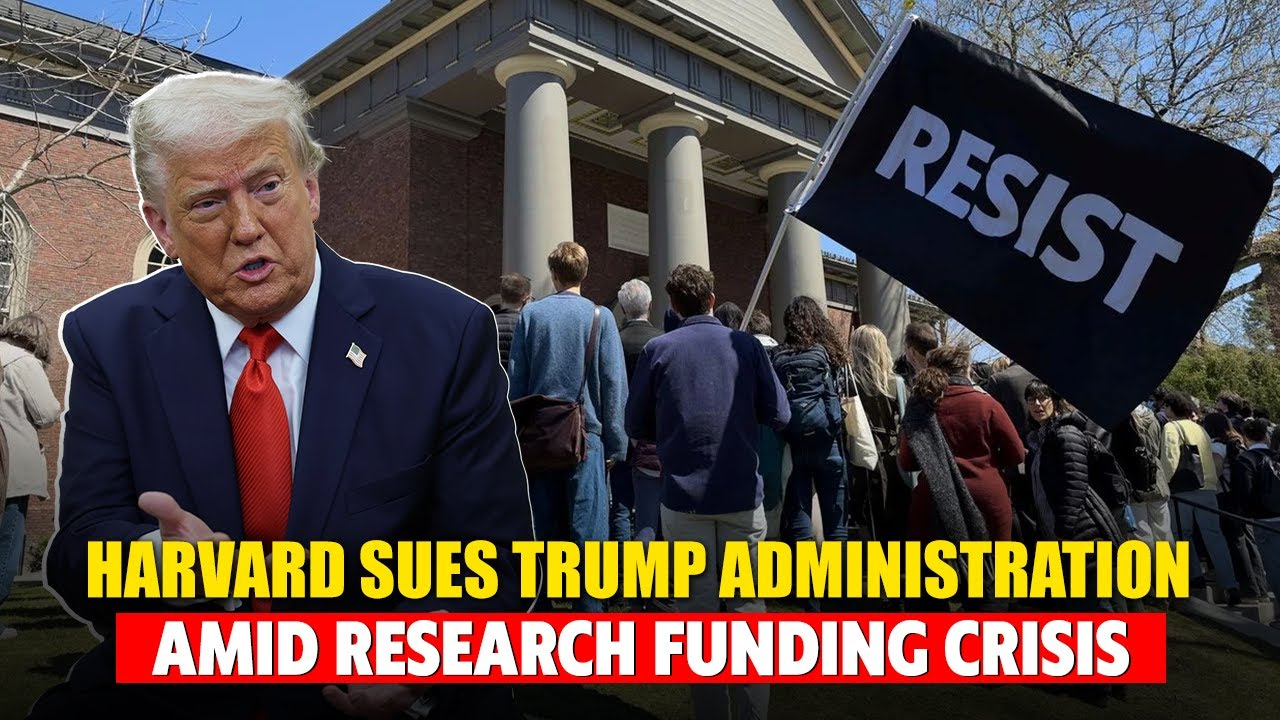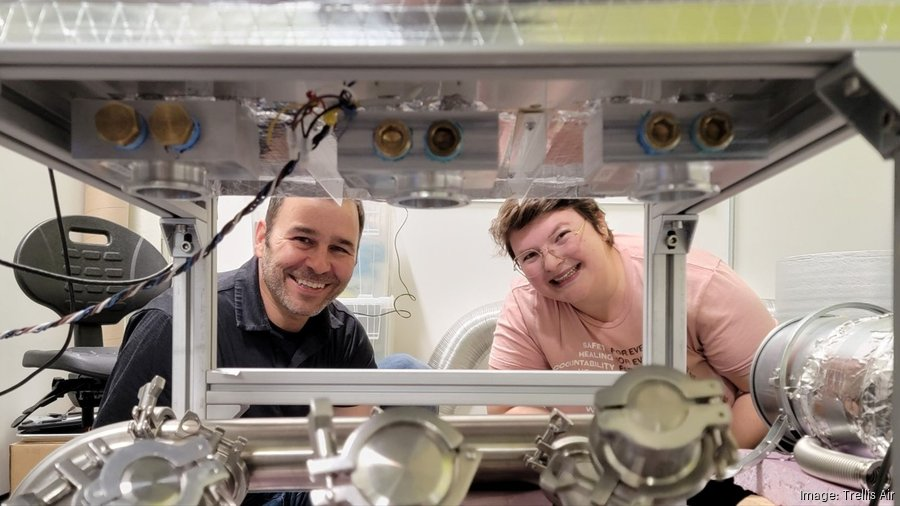The Harvard research funding crisis has emerged as a critical issue following the recent halt of significant federal funding to the university, which has sent shockwaves through its prestigious research community. This unprecedented situation stems from the Trump administration’s sweeping research funding cuts, impacting programs vital to innovation in science, particularly at institutions like Harvard University. Research initiatives, especially those like the cutting-edge organ-on-a-chip technology being developed by Harvard’s Wyss Institute, stand at risk as talented scientists face uncertainty and potential job loss. As Harvard navigates this funding impasse, the implications of these cuts extend beyond the university, raising alarms about the future of American science and technological advancement. The ongoing tussle illustrates the delicate balance between academic freedom and government demands, a relationship that has underpinned America’s leadership in innovation for decades.
The ongoing financial crisis surrounding research at Harvard University has ignited considerable concern within academic and scientific circles. Many experts are grappling with the repercussions of significant funding reductions imposed by the federal government, particularly those aligning with the policies of the previous administration. These drastic funding decisions threaten pivotal scientific endeavors, including groundbreaking technologies that simulate human organ functions, designed to pave the way for future medical advancements. As a stalwart of academia, Harvard’s predicament highlights the precarious nature of research funding and the potential ramifications on the broader landscape of scientific exploration and growth in the United States. This situation underscores the crucial need for stable support in fostering innovative research capabilities essential in addressing pressing global challenges.
Harvard Research Funding Crisis: Implications for Innovation
The unprecedented halt to research funding at Harvard University has sent shockwaves through the academic and scientific communities. With the Trump administration’s drastic orders, a funding freeze amounting to approximately $2.2 billion was imposed, crippling numerous ongoing projects. This situation is particularly alarming for pioneering research at the Wyss Institute, where projects focusing on organ-on-a-chip technology are vital for understanding complex biological processes. As these critical studies are suspended, the ripple effects threaten to stifle innovation in science and technology that America has long championed.
The funding crisis not only jeopardizes essential research projects but also affects the scientists and students involved. Fear and uncertainty loom, with talented researchers contemplating their futures in the U.S. Many have even begun to seek opportunities abroad, exacerbating the brain drain crisis and diminishing America’s status as a global leader in scientific research. As researchers like Don Ingber strive to protect their teams, the broader question remains: How can the U.S. maintain its innovation edge when its research funding is under constant threat?
Frequently Asked Questions
What is the Harvard research funding crisis about?
The Harvard research funding crisis refers to the significant financial challenges faced by Harvard University, particularly due to the Trump administration’s decision to freeze approximately $2.2 billion in research funding in response to the university’s rejection of certain governance and oversight demands. This crisis has especially impacted ongoing projects, like the organ-on-a-chip technology initiatives at the Wyss Institute, leading to halted work and uncertainties for researchers.
How are research funding cuts affecting innovation in science at Harvard?
Research funding cuts have severely hampered innovation in science at Harvard. Projects that leverage cutting-edge technologies, such as organ-on-a-chip models for studying disease and spaceflight effects, are at risk of being stalled. The loss of funding jeopardizes the ability to conduct critical research, which feeds into larger technological advancements and economic growth.
What are the implications of the Trump administration’s impact on Harvard’s research funding?
The Trump administration’s impact on Harvard’s research funding has led to a substantial freeze on funding, creating a crisis that compromises ongoing research and projects. This situation not only affects the university’s researchers but also threatens the overall scientific landscape by stifling innovation and potentially driving talent away due to job insecurities.
How does the halted organ-on-a-chip technology project relate to Harvard’s funding crisis?
The halted organ-on-a-chip technology project is a prime example of how the Harvard funding crisis is directly impacting vital research. These projects, which focus on critical health outcomes and have received considerable federal support, were put on hold due to the funding cuts, disrupting progress and threatening the results that could benefit both medical science and astronaut health.
What steps is Harvard taking to respond to the research funding crisis?
In response to the research funding crisis, Harvard has filed a lawsuit seeking to restore funding while attempting to protect its researchers and ongoing projects. The university is actively exploring internal funding sources to support critical initiatives and is working to reallocate researchers to other grants to minimize the impact of the funding cuts.
Why are talented researchers considering leaving Harvard during the funding crisis?
Talented researchers are considering leaving Harvard during the funding crisis due to the uncertainty and instability caused by the funding freeze. Concerns about job security and funding for their projects, as well as the challenging political environment for foreign scientists in the U.S., contribute to feelings of fear and the desire to seek opportunities elsewhere.
What does the future hold for Harvard’s research environment amid the ongoing funding crisis?
The future of Harvard’s research environment remains uncertain amidst the ongoing funding crisis. The outcome of the legal battles over funding and the potential for restored resources will significantly influence whether groundbreaking projects can continue. However, the crisis has already begun to undermine the attraction of the university as a hub for global scientific talent.
| Key Points |
|---|
| Harvard received a stop-work order affecting $19 million in research. |
| The order halted projects related to organ-on-a-chip technology, significant for medical and space research. |
| Researchers are scrambling to manage personnel and project funding amidst uncertainty. |
| The administration’s actions have led to fears among international scientists and affected talent acquisition. |
| Ingber emphasized the critical role of academic research in sustaining America’s innovation economy. |
Summary
The Harvard research funding crisis has significantly impacted the university’s research projects, particularly in areas crucial for healthcare and space exploration. With the halt on funding, researchers like Don Ingber are facing uncertainty while trying to protect their teams and ongoing projects. The implications of this crisis extend beyond just Harvard, highlighting a broader issue of maintaining America’s leadership in scientific innovation. The decisions made in response to this crisis will be pivotal in determining the future of research funding and its essential contribution to technological advancement.







